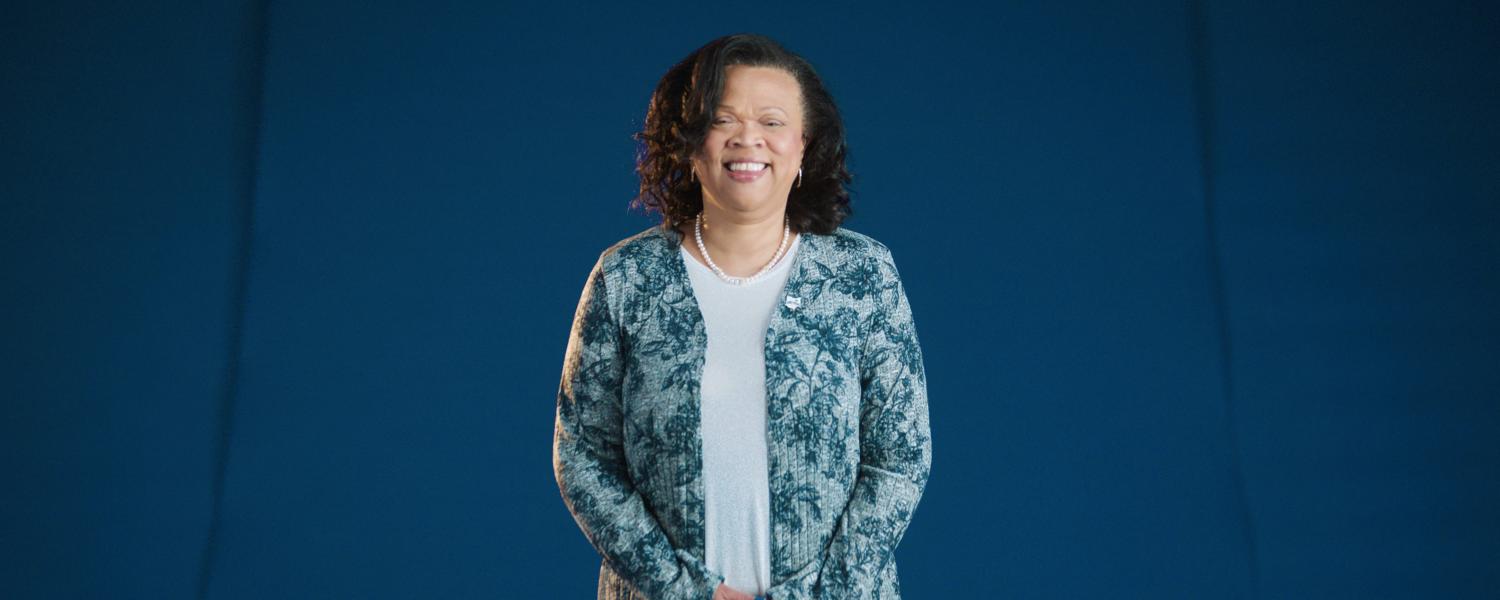Writer Ethan Bauer explores a phenomenon called the “quarter-life crisis” in a piece that appears in the January/February 2023 issue of Deseret Magazine. He explains that psychologists and 25-year-olds have been thinking (and half-joking) about the quarter-life crisis, to different degrees and under different names, since the mid-20th century.
The quarter-life crisis is not rigidly defined as realizing that you haven’t found the right partner yet or that you’re not advancing in your career as quickly or easily as you had hoped. Instead, the author explains, the quarter-life crisis is broader than that: It’s the moment a person truly reaches adulthood in a “no matter what I do or where I go, or how much money I make or how many friends I have, nothing will be ever be perfect, adulthood will never be as simple as I thought it would be” way.
The author taps into the expertise of Kent State University Professor Angela Neal-Barnett, Ph.D., from the Department of Psychological Sciences in the College of Arts and Sciences. Neal-Barnett discusses the stage of development called “emerging adulthood.” It's during this stage that “you’re not quite there yet, but you should be working your way to adulthood,” she tells the author. And for those who are working their way through adulthood, she says they should ask themselves, “Who am I, and what does it mean to be an adult?”
So what does it mean to be an adult? Is it achievement? Maturity? Independence? Neal-Barnett affirms that everyone must confront the question.
The author concludes by saying, “So I find myself again at the question which roots my personal quarter-life crisis: What does success mean to me, and should it perhaps mean something different? Luckily, some psychological experts have reminded me that a quarter-life crisis isn’t necessarily about answering that question and others like it; it’s about acknowledging their presence. About realizing that you may not know who you are and what you’re about just yet — you may never know! — but it’s best to discover who and what you are not. About asking yourself honestly, as you enter the adult world and confront all its paradoxes and complexities, how you want to exist.
“Maybe it will be simpler in the years to come. Maybe not. All I know is that knowing isn’t as simple as my younger self thought it was.”

